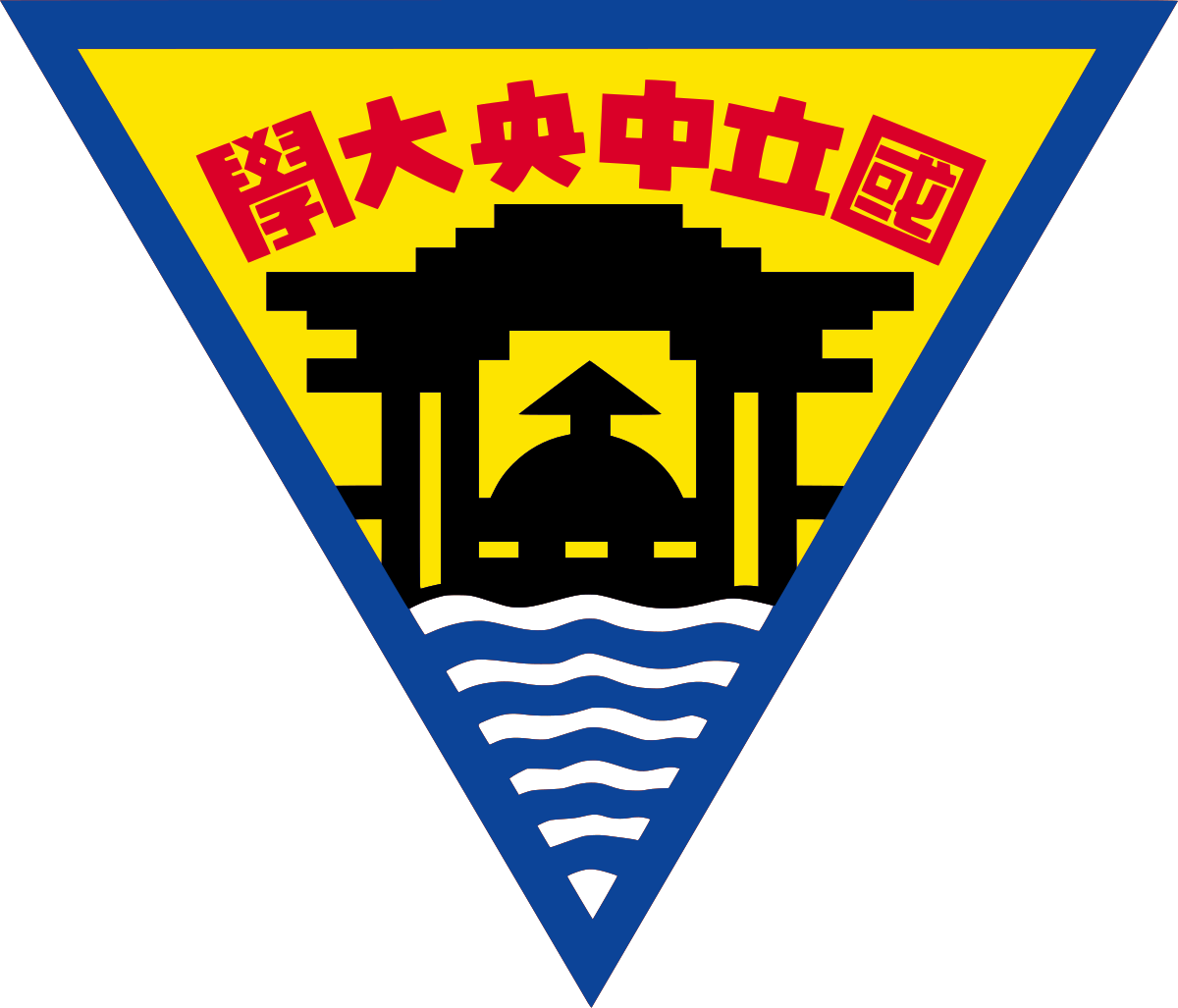View count:
41940
Introduction
History
This department was established in 1969 and was originally part of the College of Science at National Central University. In 1979, the university established the College of Liberal Arts and officially renamed itself National Central University, at which point the Department of Chinese Literature became part of the College of Liberal Arts. A master's program was established in 1987, followed by a doctoral program in 1994.Under the leadership of successive department heads and the efforts of numerous faculty members, the department has grown and flourished. Today, it is the most comprehensive department within the College of Liberal Arts, offering bachelor's, master's, and doctoral programs, and has achieved significant scale.
Mission
Fostering classical and modern integration, emphasizing humanistic care for society, encouraging independent thinking and diverse learning, and applying knowledge to innovate and create new frontiers.The mission of this department is twofold: to fulfill the traditional humanistic spirit of Chinese literature departments and to adapt to the trends and needs of the new era, ensuring a balance between theory and practice. In both research and teaching, the department focuses on major areas such as philosophy, literature, textual criticism, language, and drama. Long-term attention is given to Chinese literature and local humanities, enabling students to gain a deeper understanding of the national language and culture, thereby fostering substantial cultural literacy and cultivating various outstanding talents needed by society.
Curriculum Planning
The department's curriculum balances traditional and modern elements, as well as fundamental theory and practical application. Initially, the curriculum focused mainly on traditional content, but it has undergone multiple adjustments to adapt to changing times. The current curriculum design integrates traditional scholarship with modern literature, and in recent years, the department has actively introduced practical courses to provide students with more comprehensive learning opportunities.Bachelor's Program:
The compulsory courses in the bachelor's program are designed to provide basic training in the Chinese language and literature field, while elective courses aim to offer students diverse learning opportunities and broaden their horizons. The elective course structure for the undergraduate program is as follows:
- Philosophy: History of Chinese Thought, Book of Changes, Book of Songs, Analects, Mencius, Xunzi, Han Feizi, Laozi, Zhuangzi, Records of the Grand Historian, Zuo Zhuan, Neo-Confucianism of the Song and Ming Dynasties.
- Literature: History of Chinese Literature, Selected Poems and Lyrics, Classical Novels, Selected Essays from Tang and Song Dynasties, Modern Taiwanese Literature, Introduction to Southeast Asian Chinese Literature, Food Prose, Studies on Eileen Chang, Taiwanese Literature.
- Language: Philology, Phonology, Exegesis, Oracle Bone Inscriptions, Bronze Inscriptions, Introduction to Linguistics, Grammar, Sociolinguistics.
- Practical Courses: Food, Life and Cultural Creativity, Digital Multimedia Applications, Reportage Literature, Reading and Writing Contemporary Novels, Eileen Chang's Literature and Adaptations, Cultural Creative Marketing, News Reporting and Writing.
- Drama and Performance: Modern Shanghai Literature and Visual Culture, Classic Rewriting and Adaptations, Ming and Qing Dynasties Legends and Kunqu Opera.
Currently, the master's and doctoral programs do not have compulsory courses; only a minimum number of elective credits are required for graduation. Courses are offered according to faculty expertise and the latest research findings, divided into four major areas: "Confucian Classics and Philosophy," "Language and Philology," "Literature," and "Drama Studies."
Faculty
The faculty of this department has diverse backgrounds and academic experiences from prestigious domestic and international universities, including National University of Singapore, New Asia Research Institute in Hong Kong, University of Hawaii, as well as National Taiwan University, National Taiwan Normal University, National Central University, Tsinghua University, National Chengchi University, National Cheng Kung University, Fu Jen Catholic University, and Chinese Culture University, among others.In recent years, the department has actively recruited outstanding faculty and utilized resources from Academia Sinica, the Ministry of Science and Technology, the Taiwan University System, and various foundations. Long-term collaborations with researchers from Academia Sinica have been established, and each semester, renowned international scholars from various fields are invited as visiting professors to enrich the faculty lineup and broaden the international perspectives of both teachers and students.
Research Resources
The department houses six specialized research centers: the Drama Research Room/Kunqu Opera Museum, the Research Section for the Dream of the Red Chamber, the Research Section for Chinese Buddhist Texts, the Confucian Research Center, the Qi Jun Research Center and Modern Literature Teaching and Research Room, and the Classical Literature Art and Documentation Research Room. Each center integrates teachers with similar expertise and organizes activities such as seminars, reading groups, and conferences to foster a close-knit research community and enhance research capabilities.Freshman Chinese
In the 2004 academic year, the department established the "Freshman Chinese Research and Teaching Center" to reform the freshman Chinese curriculum, adopting an "interest-based grouping" approach that has yielded excellent teaching results. Recently, to align with social trends, the 2015 academic year introduced a "Chinese Writing" course to strengthen students' writing skills. In the 2016 academic year, the curriculum was slightly adjusted, replacing the original professional courses and some Chinese writing courses with a one-semester, three-credit "Classic Reading" course.The Freshman Chinese Research and Teaching Center has a "Freshman Chinese" website that provides the latest news on the freshman Chinese courses. Each semester, the center organizes a "Reading Reflection" competition, offers curated book lists, and encourages students to develop good reading habits in their freshman year, thereby fostering a humanistic atmosphere on campus.


